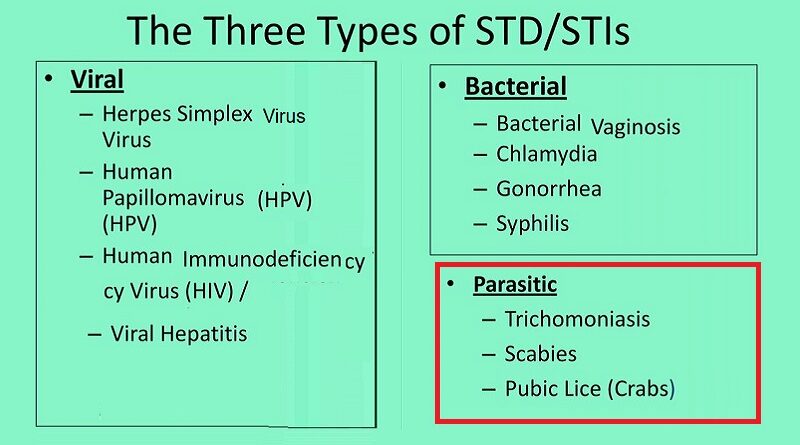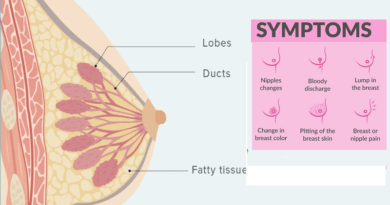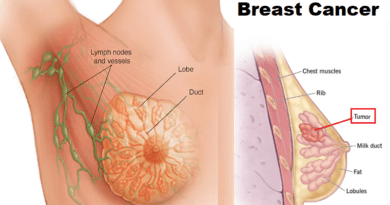Parasitic STIs
Some STIs like chlamydia and gonorrhea are widely known, and there is a lesser-known group of infections called parasitic STIs. Sexually transmitted infections (STIs) are a pressing global health concern, impacting millions of individuals each year. These cunning infiltrators, caused by various parasites, present a unique diagnosis, treatment, and prevention challenge . In this article, we will explore parasitic STIs, their transmission methods, symptoms, and available treatments.
Understanding Parasitic STIs
They are infections caused by organisms that invade the human body. These organisms, known as parasites, come in different forms such as protozoa and helminths. Unlike bacterial or viral STDs, parasitic infections are relatively less common but can have severe consequences if left untreated.
One notorious parasitic STI is trichomoniasis, caused by the parasite Trichomonas vaginalis. This infection primarily affects the genital area, causing symptoms like itching, discharge, and discomfort during urination. Another parasitic STI is pubic lice, also known as “crabs,” which infest the pubic hair and cause itching.
Transmission and Risk Factors
Parasitic STIs are predominantly transmitted through sexual contact, including vaginal, anal, or oral sex. The parasites responsible for these infections can survive outside the body, allowing them to be transmitted through contaminated objects such as towels, bedding, or clothing. In some cases, parasites may also be spread through non-sexual means, such as direct contact with infected individuals or exposure to contaminated water.
Certain factors can increase the risk of acquiring parasitic STDs. These include engaging in unprotected sex, having multiple sexual partners, and having a weakened immune system. Poor hygiene practices and living in crowded or unsanitary conditions can also contribute to the spread of these infections.
Symptoms and Complications
The symptoms vary depending on the specific infection. However, common symptoms include itching, inflammation, abnormal discharge, pain during urination, and skin lesions in the genital area. It is worth noting that some parasitic STIs may not cause noticeable symptoms in all infected individuals, making diagnosis and treatment more challenging.
If left untreated, parasitic STIs can lead to various complications. For instance, trichomoniasis has been associated with an increased risk of preterm birth, low birth weight, and susceptibility to other infections. In the case of pubic lice, excessive scratching and irritation can lead to skin infections.
Diagnosis, Treatment, and Prevention
Accurate diagnosis of parasitic STIs involves a combination of medical history, physical examination, and laboratory tests. In many cases, a healthcare professional will collect a sample from the affected area and examine it under a microscope to identify the presence of parasites.
Treatment for parasitic STIs typically involves medications that target the specific parasite. For example, trichomoniasis is commonly treated with oral antibiotics or antiparasitic medications. Pubic lice infestations can be resolved with topical creams or lotions designed to kill the parasites. It is crucial to follow the prescribed treatment regimen and complete the full course of medication to ensure eradication of the infection.
Prevention plays a pivotal role in reducing the spread of parasitic STIs. Safe sexual practices, such as consistent and correct condom use, can greatly reduce the risk of transmission. Limiting sexual partners and maintaining open communication about sexual health are also important. Regular check-ups and screenings can help detect parasitic STIs early, facilitating prompt treatment and reducing the likelihood of complications.
Conclusion
Parasitic STIs, though less commonly known, represent a significant health concern worldwide. Understanding their modes of transmission, recognizing the symptoms, and seeking timely medical intervention are crucial for limiting their impact. Educating individuals about safe sexual practices, hygiene, and regular screenings is vital in preventing the spread of these infections. By raising awareness and fostering a culture of sexual health, we can empower individuals to protect themselves and their partners from the hidden intruders of parasitic STIs.
If you suspect that you may have symptoms, Helalmedical can help, offering quick, private, and convenient testing options. You may contact us here: Facebook page.




